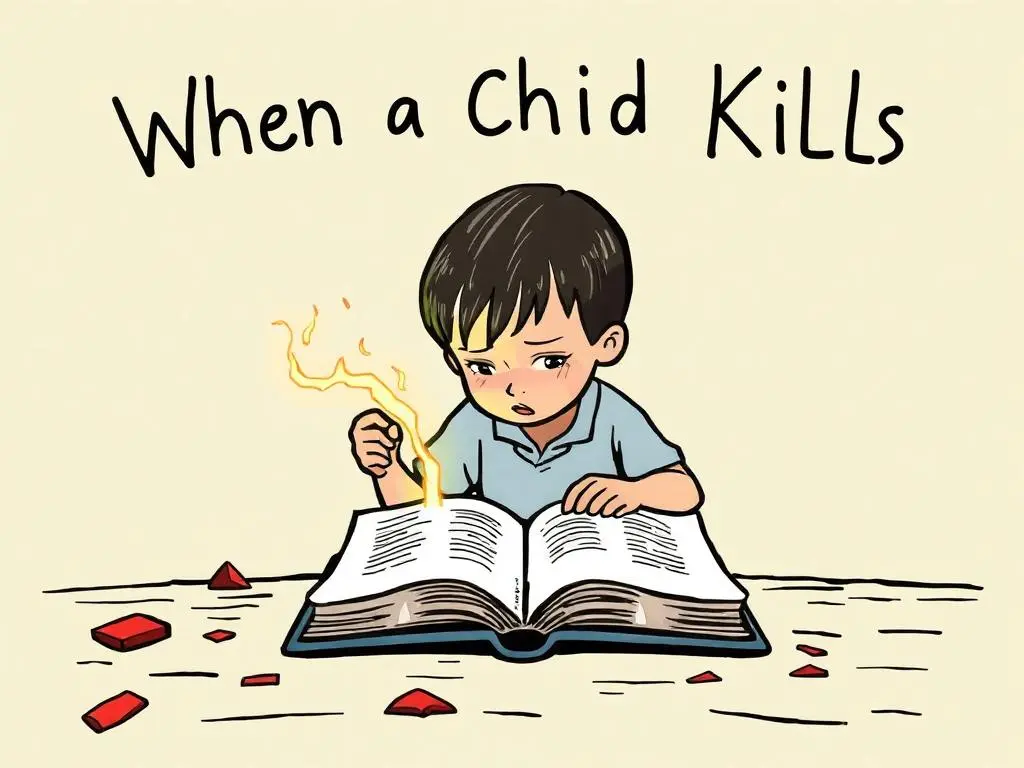Revisiting the Arab Spring, in Letters to the Editor

After the Spring
To the Editor:
In his otherwise incisive May 24 review of Noah Feldman’s “The Arab Winter: A Tragedy,” Robert F. Worth presents the Arab Spring uprisings as discrete historical events that bear little relationship to the current state of Arab politics. However, youth protests in Sudan, Lebanon, Iraq and Algeria in 2019 and 2020 all led to the removal of corrupt and authoritarian prime ministers and presidents. In Iraq, widespread youth protests continue calling for reform of the electoral system and an end to corruption.
We should keep the door open to the possibility for democratic change in the Arab world. In Sudan, a joint civilian-military committee is tasked with implementing a transition to democracy. In Iraq, greater democratization is not out of the question, given the breadth and intensity of the youth protests, the wide public support they enjoy and the pressures that the collapse of global oil prices and the Covid-19 health crisis have placed on the Iraqi government. No one can predict the outcome of these protests.
Eric Davis
Highland Park, N.J.
The author is a professor of political science at Rutgers University.
♦
To the Editor:
I was pleased to see Robert Worth acknowledge the significance of democratic aspirations in the Middle East in his review of Noah Feldman’s “The Arab Winter.” Unfortunately, both Worth and Feldman reveal common limitations in Westerners’ perceptions of the so-called “Arab world” — a phrase that in its very broadness should raise red flags for its elision of differences.
To claim that the uprisings signaled, in Feldman’s words, “a new, unprecedented phase in Arab political experience, in which participants engaged in collective action for self-determination,” is to ignore the significance of 19th- and 20th-century anticolonial movements in places as distinct as Sudan and Algeria.
I can only imagine the outrage of Arab readers learning from Worth that “most of the Arab world has been under the sway of one empire or another for the past two millenniums.” So swiftly dismissing both the ascendancy of Arab empires themselves and the diversity within those empires is a fault that I daresay would not be tolerated with reference to any other group.
K. C. Harrison
St. Paul, Minn.




